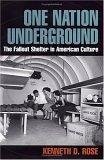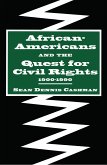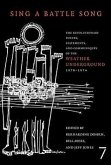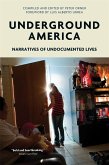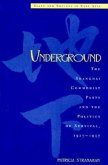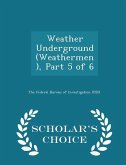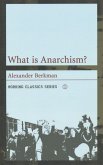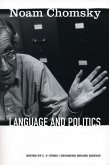For the half-century duration of the Cold War, the fallout shelter was a curiously American preoccupation. Triggered in 1961 by a John F. Kennedy speech, the fallout shelter controversy--"to dig or not to dig," as "Business Week put it at the time--forced many Americans to grapple with deeply disturbing dilemmas that went to the very heart of their self-image about what it meant to be an American, an upstanding citizen, and a moral human being. Given the much-touted nuclear threat throughout the 1960s and the fact that 4 out of 5 Americans expressed a preference for nuclear war over living under communism, what's perhaps most striking is how few Americans actually built backyard shelters. Tracing the ways in which the fallout shelter became an icon of popular culture, Kenneth D. Rose also investigates the troubling issues the shelters raised: Would a post-war world even be worth living in? Would shelter construction send the Soviets a message of national resolve, or rather encourage political and military leaders to think in terms of a "winnable" war?
A look at the fall-out shelters and how they reflected American anxieties and hopes during the 1950's and 60's.
Hinweis: Dieser Artikel kann nur an eine deutsche Lieferadresse ausgeliefert werden.
A look at the fall-out shelters and how they reflected American anxieties and hopes during the 1950's and 60's.
Hinweis: Dieser Artikel kann nur an eine deutsche Lieferadresse ausgeliefert werden.

